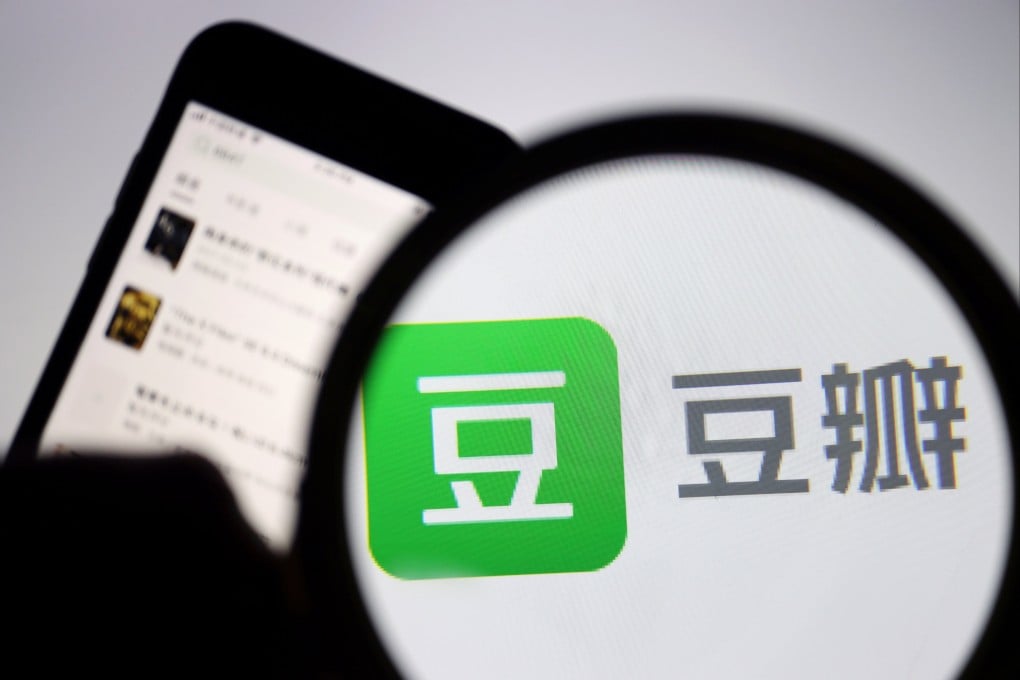China internet crackdown: Beijing orders app stores to remove Douban and 105 other apps
- Authorities say more than a hundred apps, including Douban, have failed to rectify data privacy and security violations
- Douban has provided Chinese netizens with a relatively liberal forum to share unconventional opinions that sometimes contradict Beijing’s views

China has ordered 106 smartphone apps – including popular social media platform Douban – to be removed from the country’s app stores in the government’s latest crackdown on data violations.
The Ministry of Industry and Information Technology (MIIT), which has become increasingly aggressive in policing apps, said on Thursday that the directive was the result of an inspection campaign launched on November 3.
The agency said that the apps, which also include the country’s leading karaoke app Changba and electronics recycling service Aihuishou, had previously been named and shamed for misconduct such as collecting excessive user data but have yet to properly rectify their practices as required. Therefore, they will be withheld from app stores under the Personal Information Protection Law and Data Security Law.
Douban’s website remained publicly accessible on Thursday afternoon and existing users were still able to access the app, but visits made to the site by unregistered users from IP addresses outside mainland China, including those in Hong Kong, have been blocked.
The punishment came just a week after China’s top internet watchdog, the Cyberspace Administration of China (CAC), fined Douban 1.5 million yuan (US$235,000) over the “unlawful release of information”. Representatives from the Beijing-based private company were summoned by authorities and told to make “immediate rectifications” amid the government’s ramped-up efforts to control public opinions on the internet.
Douban, which has about 10 million monthly active users, has garnered a cultish following among Chinese netizens seeking a relatively liberal forum to discuss films, books and pop culture, as well as topics deemed sensitive by the government. A number of China’s most well-known feminist groups had found a sizeable audience on the platform before they were pressured to close earlier this year.
